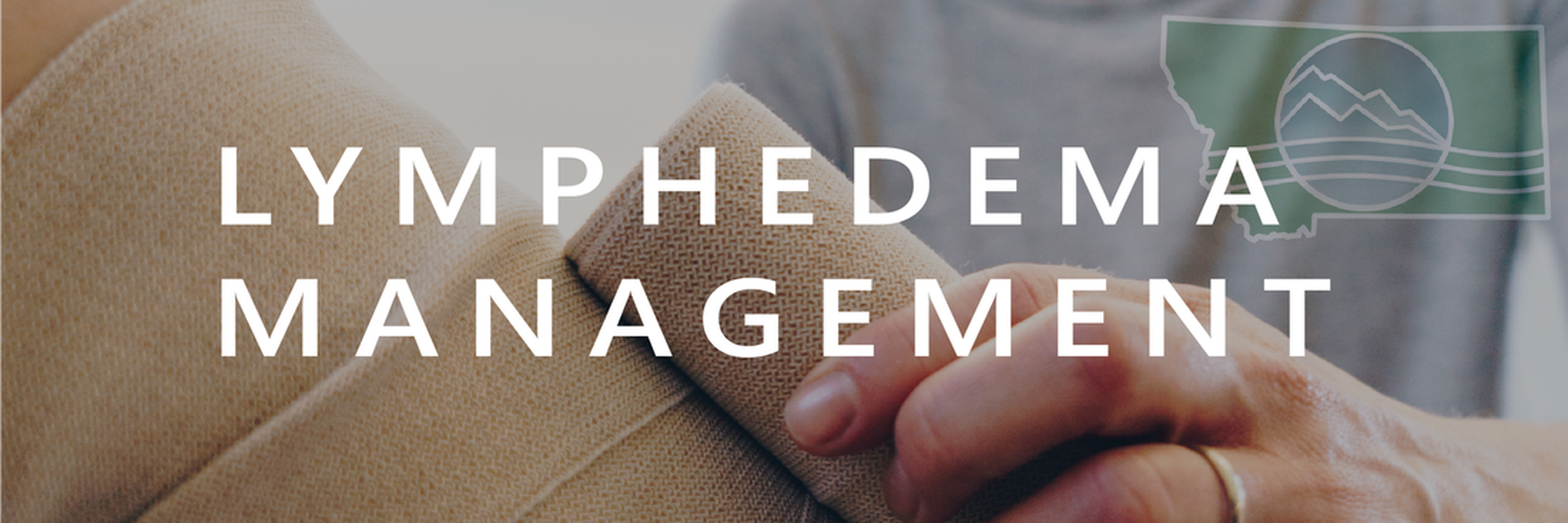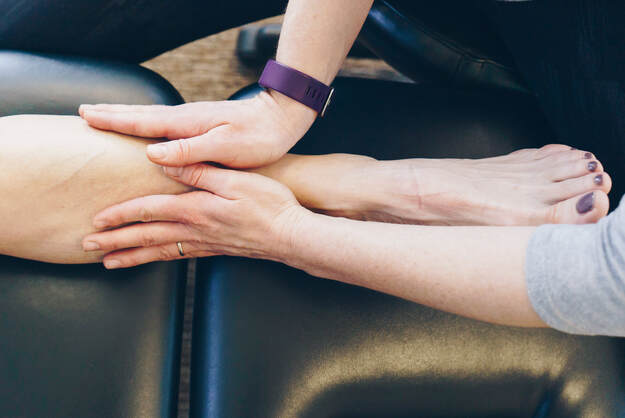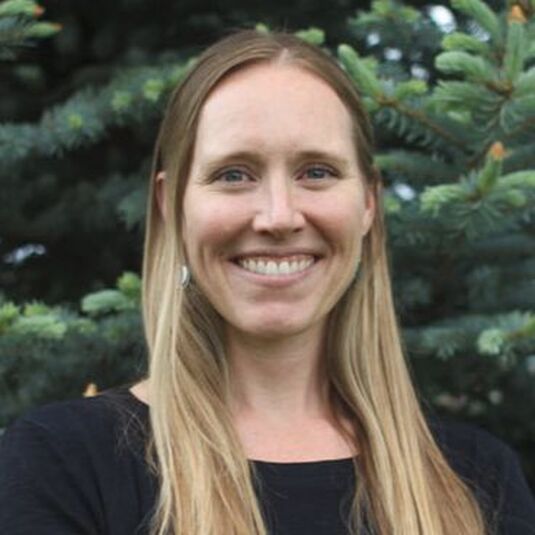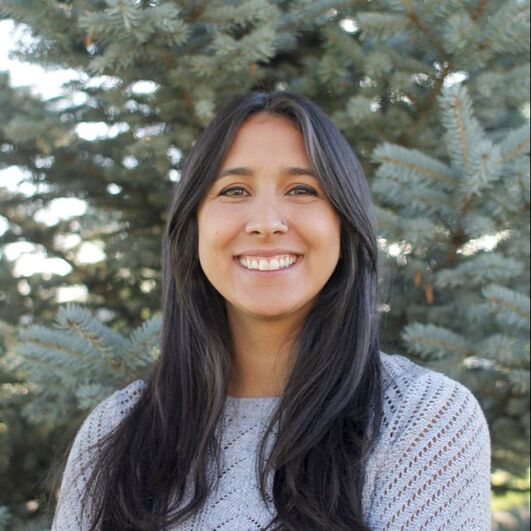Lymphedema Management
Lymphedema is a chronic failure of the lymphatic system to remove lymphatic fluid. In the United States, lymphedema is most frequently caused by cancer treatment. While this condition is lifelong, knowing how to manage the symptoms independently can help prevent lymphedema progression. Complete decongestive therapy is the gold standard treatment for lymphedema management and consists of compression, a light massage called manual lymphatic drainage, and compression with exercise.
|
"Antara draws on her extensive training and her uncommon diagnostic abilities, in order to shape—consistently, shape, session after session—an experience that benefits each client (patient?) immediately, as well as later on."
- Frank A.
Meet Our Team
Specialized Training
Antara Quiñones is a nationally board certified Lymphedema Therapist with an additional specialty in head and neck lymphedema. She has been providing lymphedema management and treatment for over six years in the Missoula area, helping patients to learn how to move forward to independently manage their lifelong condition with confidence.
Janelle Gibson is a nationally board certified Lymphedema Therapist credentialed through LANA (Lymphology association of North America). She brings an extensive clinical background in women's and pelvic health and enjoys merging this unique combination of skill sets to serve patients in Missoula.
Janelle Gibson is a nationally board certified Lymphedema Therapist credentialed through LANA (Lymphology association of North America). She brings an extensive clinical background in women's and pelvic health and enjoys merging this unique combination of skill sets to serve patients in Missoula.
Clinic Model
The gold standard treatment for lymphedema is Complete Decongestive Therapy, (CDT). Treatment consists of two phases: an intensive phase and a maintenance phase. During the intensive phase the focus is reduction of the swelling and patient education. This phase lasts from two to six weeks and requires consistent therapy attendance. During the maintenance phase the patients must independently manage their swelling, with occasional check-ins with their therapist.
There are three components of complete decongestive therapy (CDT). These include manual lymph drainage (MLD), compression bandaging, and exercise. Manual lymph drainage is a gentle directed massage technique used to milk the fluid back to where it belongs. Following MLD, the patient is bandaged with non-elastic wraps to prevent the fluid from returning. This wrapping is tailored to meet each patient’s needs. After compression bandaging, exercises are carried out while wearing wraps to encourage the activity of the nearby muscles to move further fluid back to the heart.
Any of these stand alone approaches will typically not be adequate to treat lymphedema; all three must be included in treatment to see the most beneficial results. Additional appropriate diagnosis for Complete Decongestive Therapy include:
1. Chronic venous insufficiency
2. Lipedema
3. Phlebo-lymphostatic edema
4. Post-surgical edema (uncontrolled)
5. Post-traumatic edema (uncontrolled)
There are three components of complete decongestive therapy (CDT). These include manual lymph drainage (MLD), compression bandaging, and exercise. Manual lymph drainage is a gentle directed massage technique used to milk the fluid back to where it belongs. Following MLD, the patient is bandaged with non-elastic wraps to prevent the fluid from returning. This wrapping is tailored to meet each patient’s needs. After compression bandaging, exercises are carried out while wearing wraps to encourage the activity of the nearby muscles to move further fluid back to the heart.
Any of these stand alone approaches will typically not be adequate to treat lymphedema; all three must be included in treatment to see the most beneficial results. Additional appropriate diagnosis for Complete Decongestive Therapy include:
1. Chronic venous insufficiency
2. Lipedema
3. Phlebo-lymphostatic edema
4. Post-surgical edema (uncontrolled)
5. Post-traumatic edema (uncontrolled)
What to Expect
Arrive 15 minutes before your scheduled appointment. Wear loose fitting clothing that will allow easy access to the involved area(s). Examination will include measurements of your mobility, circumference and examination of your skin. Photos may be taken to document progress.
After an assessment, the therapist will discuss your treatment options and will tailor a treatment plan to fit your needs.
After an assessment, the therapist will discuss your treatment options and will tailor a treatment plan to fit your needs.
Additional Resources
Get Started
1. Call our North Clinic at 406-541-2606 to schedule either a consult or an evaluation.
2. Arrive 15 minutes early for your first appointment.
2. Arrive 15 minutes early for your first appointment.










